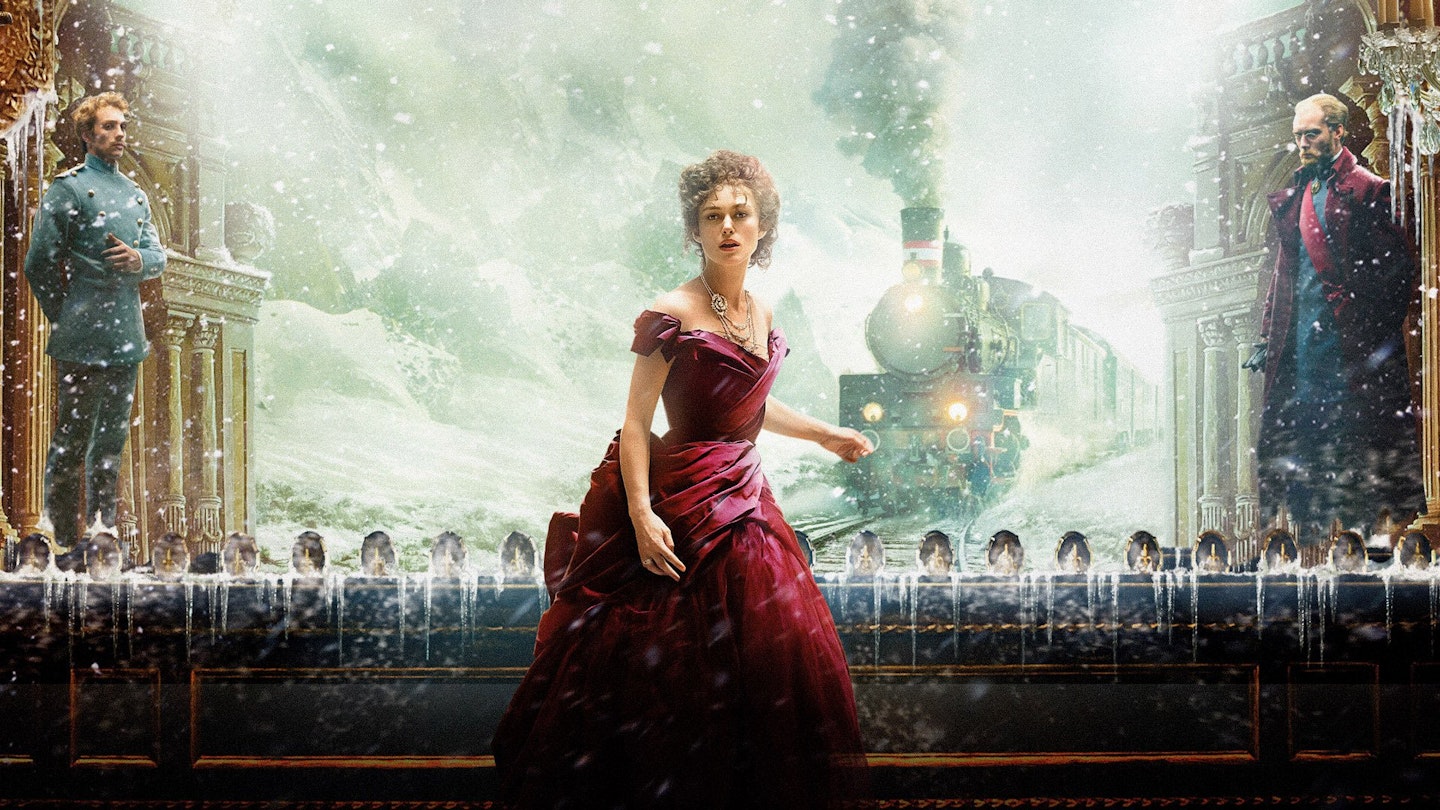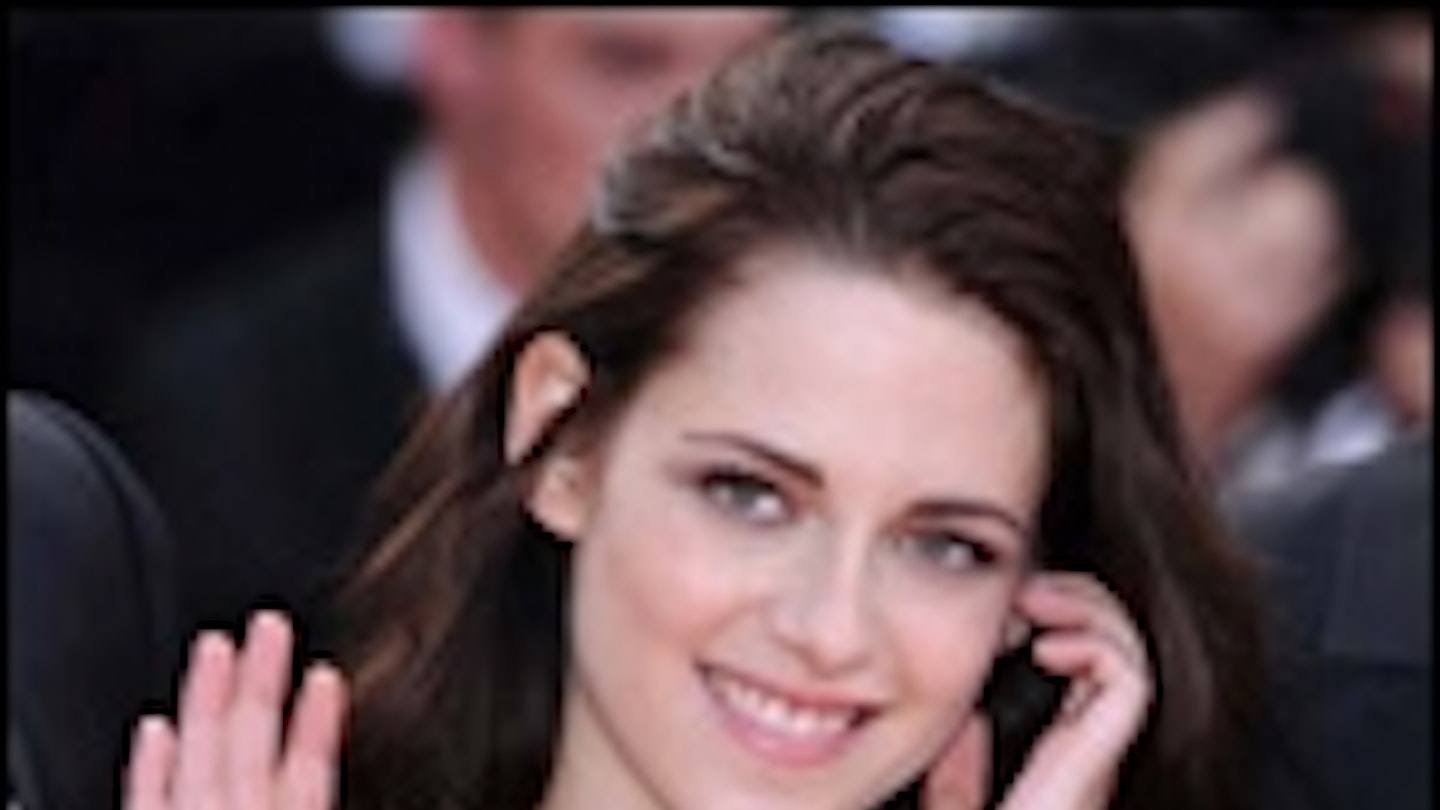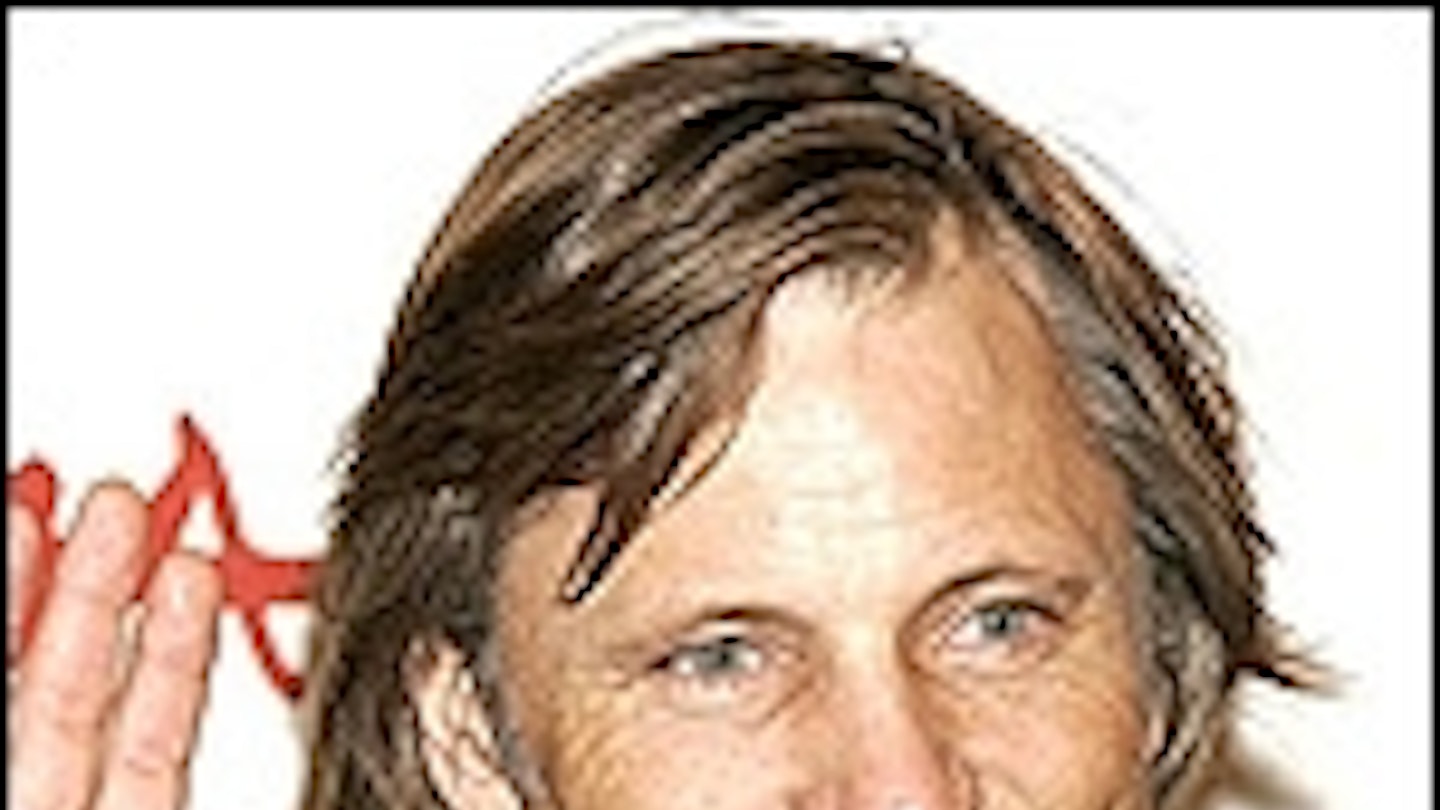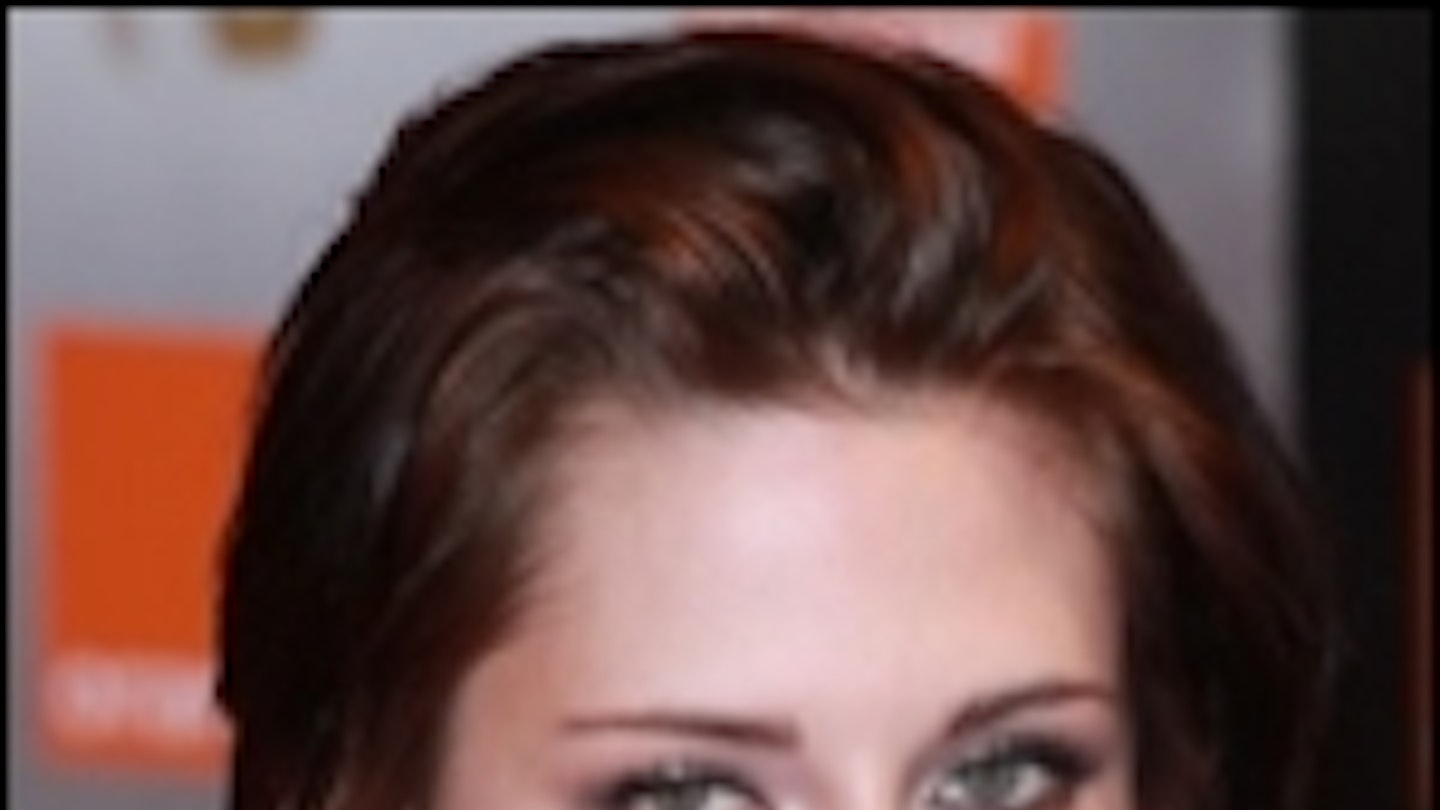The trouble with adapting Beat writing is that it is exactly that: writing. What Jack Kerouac did was stretch what was permissible in the field of literature, assembling a coherent novel from the syncopated slang of the city streets. If Walter Salles had really wanted to pay homage to Kerouac’s landmark 1957 novel, he would have tried to find a visual equivalent for his urgent, heady style written in amphetamine-fuelled sessions. Instead, the film is desperately conservative, a period-precise cover version of all the book’s main events.
To remind us, then, that this is the On The Road, Salles resorts quite often to voiceover from Sam Riley’s Sal Paradise, the blocked, provincial writer who finds inspiration in the free-spirited hustler Dean Moriarty (Garrett Hedlund). Salles gets this relationship the most nearly-right of everything here, largely thanks to Hedlund’s charismatic performance, but also due to Salles’ willingness to accept the sexuality that drives Sal’s curiosity. It stops prudishly short of the definite homoerotic aspects that tinge almost all Beat writing, but, in terms of equal-opportunity nudity, On The Road is about as frank an adap as we could wish for. Kristen Stewart, as Moriarty’s jailbait lover and teen wife Marylou, is especially game, given that her character gets to show more skin than personality.
Likewise, the drug use is not sanitised — Sal and co. puff openly on herbal cigarettes and wantonly abuse benzedrine inhalers — and the effects of a sex, drugs and free-form jazz lifestyle are seen as positive in moderation. So why, then, doesn’t it really quite work? Put simply, time has not been kind to Kerouac’s book, just as it was positively cruel to him. Though Salles has tried to modern it up a little, the fact remains that this is simply a highfalutin bromance, with big, bold, meaty roles for the menfolk — including a scene-stealing turn from Viggo Mortensen as the Burroughs-esque Old Bull Lee — and precious little for their women to do except follow the boys round and clean up after them. And when those underused women include Amy Adams and Kirsten Dunst, you really have to wonder about the source material.






